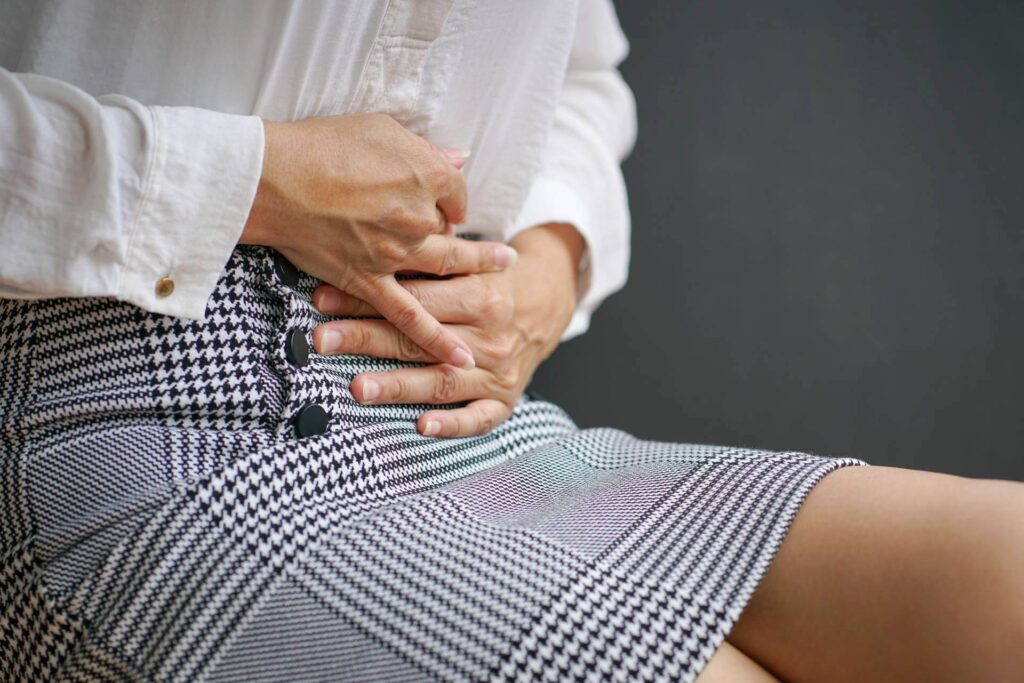Sphincterotomy in Lubbock, TX
What is a sphincterotomy?
Lateral internal sphincterotomy is a surgical procedure employed to improve anal fissures. An anal fissure is a tear in the tissue lining the anus and is associated with pain and bleeding when passing stools. The internal anal sphincter muscle is constantly under tension, but a rise in pressure could cause the development of anal fissures or can prevent an existing fissure from healing. If you are searching for a provider who offers sphincterotomies in Lubbock, TX, our specialists can help. Consult with a Lubbock Digestive Disease Associates location in your community to request a consultation with one of our GI providers.

Who is a candidate for a sphincterotomy?
This surgical procedure is reserved for patients having anal fissures. The symptoms of anal fissures can include:
- Pain with bowel movements
- Itching
- Bleeding
Many anal fissures may be able to resolve without intervention or with at-home treatments. Lateral internal sphincterotomy is used in cases where conservative treatment measures are unsuccessful in healing the fissure.
How is a sphinceterotomy performed?
The sphincterotomy with our Lubbock, TX team is done as an outpatient procedure under local or general anesthesia. Your gastroenterology provider creates a minor incision in the internal anal sphincter. The incision in the muscle decreases existing pressure, allowing the fissure to close. The incision will then either be sutured with dissolvable sutures or left open to allow for natural healing. As in any surgical procedure, lateral internal sphincterotomy could include specific complications and risks, like inability to control gas or stool, pain, bleeding, infection at the incision site, and a struggle with passing urine. We encourage you to discuss all of the possible risks and benefits of this surgical procedure with your Lubbock Digestive Disease Associates provider.

Alleviate your anal fissure symptoms
Sphincterotomy FAQs
How effective is a sphincterotomy for resolving symptoms of anal fissures?
A sphincterotomy is notably effective for treating chronic anal fissures, with most cases seeing success rates over 90%. The procedure helps by easing pain and facilitating healing through the reduction of tension in the anal sphincter, thereby improving blood circulation to the affected area. Many patients report a considerable decrease in symptoms and a quick enhancement in their overall condition after the surgery, making it a dependable option for those who have found little relief with nonsurgical treatments.
Is hospitalization required after undergoing a sphincterotomy?
A sphincterotomy is generally conducted as an outpatient surgery, so you will not need to stay overnight in the hospital. Patients can typically leave the hospital the same day once the sedation effects have subsided. The specifics of your recovery will be tailored to your individual needs and the complexity of the procedure by your GI provider. Most of the recovery occurs at home, and you can expect to return to normal activities within a few days, although complete healing may require a few weeks.
What kind of pain management should I expect following a sphincterotomy?
Pain management is a critical component of the recovery phase after a sphincterotomy. To alleviate any discomfort from the surgery, your GI provider will likely prescribe pain relief medications. Additionally, sitz baths, which involve sitting in warm water to soothe the perineal area, are often recommended to aid in pain relief and the healing process. Adhering closely to your GI provider’s instructions for pain management is vital to ensure a smooth and comfortable recovery period.